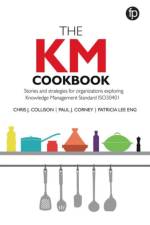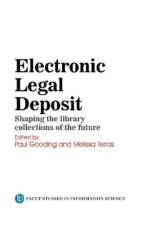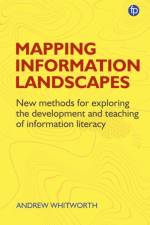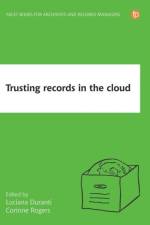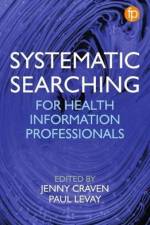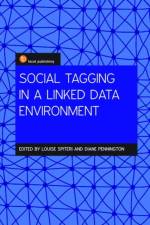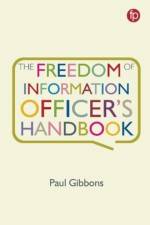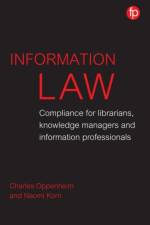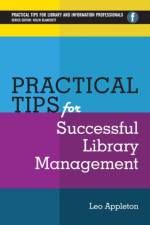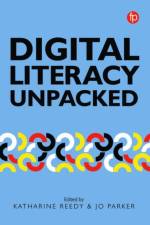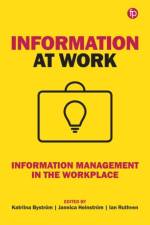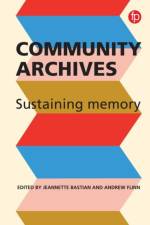av Tim Padfield
1 151
As an archivist or records manager it is essential to keep up to date with the complexities of copyright legislation, and "e;Copyright for Archivists and Records Managers"e; will prove an invaluable tool in enabling you to do so. What is copyright? Who owns it and for how long? What rights does it confer, and what are the limitations and exceptions? This comprehensive manual uniquely outlines copyright law in the UK with special reference to materials relevant to archive and records collections such as maps, legal records, records of local authorities, records of churches and faiths, most notably unpublished works. It also offers advice on rights in the electronic environment and the problems associated with rights clearance; and covers related areas such as moral rights and rights in databases. The fourth edition of this respected work has been extensively revised and updated to include: advice to take account of recent decisions of courts in the UK and of the European Court of Justice, for instance on the nature of a 'substantial part' of a copyright work; a list of key points about copyright that frequently raise questions, such as the duration of copyright in works whose copyright is owned by companies and other bodies; details of the duration of copyright elsewhere in the British Isles and in Gibraltar; details of the duration of copyright in a selection of overseas countries - Australia, Barbados, Brazil, Canada, China, Egypt, Hong Kong, India, Israel, Jamaica, Japan, New Zealand, Russia, Singapore, South Africa, Switzerland, Turkey and the USA; changes to the licensing of Crown copyright material; advice on liability; and, a discussion of the legitimacy of the electronic supply of copies by archives. Readable and accessible for people without legal training, this approachable guide is essential reading for archivists and records managers. It will also be of substantial value to LIS professionals in libraries, museums and galleries, to students, researchers and genealogists, and to anyone who wishes to understand the implications of copying without recourse to legal texts.






